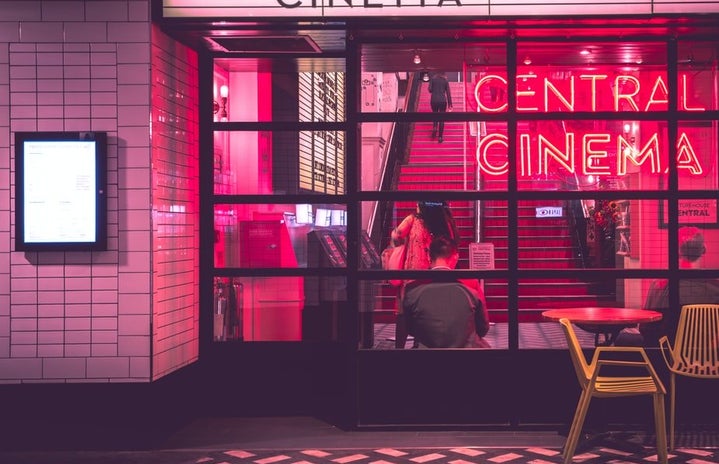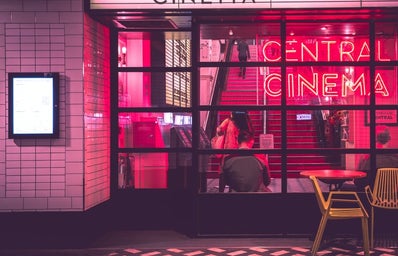Cinema is art—But French cinema is archaically evolving to an even more artistic aesthetic. Roger Ebert, an American film critic, once said, “Movies are like a machine that generates empathy.” I’m not sure if this was directed to all films because as far as one could judge, French cinema, in particular, is a machine that generates rawness, entity and simple life. While progressing with their old-fashioned and distinctive themes, French cinema continues to communicate those threads without tapering off their traditional purposes.
One of my favorite films, La Belle Personne (2008), is an adolescent Parisian film that follows Junie, a youthful teenager that transfers high schools in pursuit of her mother’s passing. While the boys stand in awe of her fortitude and desensitized beauty, Junie is more interested in Nemours, her young Italian teacher. I do have to say that you must trust my film choices even though this film can come off as bizarre when looking at it through that Hollywood gaze. What makes French films different, especially this one, is the contrasting culture and customs. How romance is depicted here is not similarly depicted over there. Same with comedic films. The majority of Hollywood romance films always follow that gauche “Happily ever after” rule alongside a vapid ending that doesn’t leave the audience with much to grasp or suppositions and theories to exercise their minds with. La Belle Personne ends in a melancholic circumstance. At first, I was furious with the artist’s choice to leave the watcher with such vagueness and unclarity resolutions. How could love be so elegiac in film out of all mediums? We’re conditioned to have these accepted ideas of romance that it’s rarely gloomy and maintains desirable yet French cinema preaches that love is never silent, meaning: it’s subtle, noisy, quiet, profound—-Realism. After all, it comes down to preference for realistic depictions.
Dialogue—It’s the neuron surrounded by the nucleus. The devastating, sexy and tragic appeal of poetic conversation fuel the gravity of the archaic beauty of those in French films. Reflecting those of French culture, we’re reminded of the best poets and novelists who put a face to literary rhetoric like Victor Hugo, Colette or Simone de Beauvoir. That manner of speech brings an indescribable feeling of being understood. For someone that has a difficult time reading classics or one page of Edgar Allen Poe in under 15 minutes, French movies are natural; not forced.
That archaic beauty of European, mainly French cinema, is its dedication to understanding the plot and atmosphere of what exactly you’re viewing. That foreign touch of dragging scenes out creates that avant-garde bond. You’re not solely watching but experiencing the scenes face to face. Some might say it’s the source of boredom. Why would one watch this? Films are meant to spread subjection and wire your emotions and thoughts to make you question. There is space for criticism, appreciation, and thought regarding the visual presentation of French cinema. I like to correlate French films with sitting in a park, watching time pass by, people-watching or experiencing a sunset/sunrise. If these scenarios were translated to film with a long duration, it most likely wouldn’t be watched by some audiences. The portrayal of simplicity is extremely difficult and won’t please everyone. Despite these beautiful sceneries, the demand for the most brassy plots are unmistakable. French cinema stays within its tradition of quality over obscurity while challenging its visions of not regressing.
La Fin.


